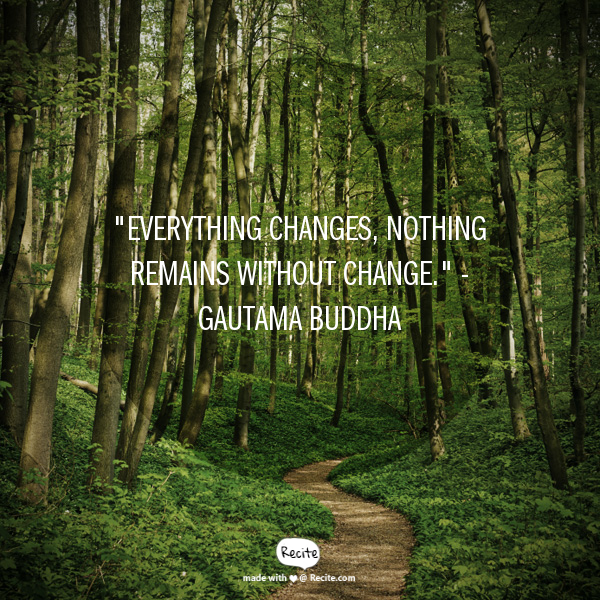The post I wrote yesterday about happiness and money got me thinking.
That story came about because of a chat I’d had with my fiancé on our radio show, and one of the other stories we talked about at the same time was about the apparent happiness curve we all experience through our lives. This story goes that happiness peaks in our mid-twenties, when we’re free of too much responsibility, full of the joys of youth etc, and then rapidly declines as the stress of work and family life kicks in.
Makes sense so far, especially, as we learnt yesterday, for those people earning over £37,000.
For anyone who is in their 30s, wondering when the curve is going to bottom out and start picking up again, I have bad news. Apparently life is basically a bit shit until retirement. At around 65 you’ll peak again, once you’ve given up work and the kids have finally left home.
Sorry about that.
It got us chatting though about the importance of appreciating those little moments of happiness. You could look at the chart, see a deep and enduring valley of misery spanning 40 years, and just go to bed for a cry, but the truth is that life isn’t really like that. It’s not a smooth curve for a start. It’s like the stock market – investments may grow over time, but along the way you have ups and downs, moments where you see yourself retiring at 40 to the Caribbean and others where you want to chuck it all in and have to hold your nerve.
Happiness comes and goes too.

True fact.
Sometimes that’s reassuring. No matter how bad you feel right now, it’s not going to last. Other times, when everything is going well, it can feel scarier, but that’s why you have to concentrate on the ‘happy right now’ moments.
“How often though,” asked my fiancé, as we chatted on air, “do we take the time to actually stop and think about how happy we are right now?”
“Ummm,” I said, wondering if it was a trick question, “a few times a days?”
He looked at me like I was a loon.
“Don’t you?” I said.
“No,” he replied, “hardly ever.”
I had a moment then when I felt like lots of jigsaw pieces were falling into place all at once. All of the things I read about positivity, fear, life, death and human nature all suddenly felt worthwhile. All the ridiculously American positive thinking podcasts I’ve ever listened to – I suddenly realised how valuable they had been. Even if at the time I had wondered what the point of it all was, here was my reassurance. Without knowing it, I have taught myself to think about things in a slightly different way.
Because actually I do take time, every day, to be grateful for something. I do stop and take in my surroundings, feel physical sensations, appreciate delicious smells and tastes, feel the sun on my face. I do do these things.
So then I had to take a moment to appreciate the fact that I take moments to appreciate things, and that sent me into a little bit of a spin, but you get the point. We have to stop and be glad. No matter where on the curve we’re told we are, there is always something to be happy about, even if it is only for a minute.

Really liked this post and have had this view for quite a while now. Through my own experiences, , I have learned not to allow my happiness to depend on other people or their actions. Otherwise, your happiness just becomes a bit of a rollercoaster I truly believe that happiness is an inside job! Like you I take time each day to appreciate and be grateful. Yes of course some days, like everyone, I have a bad day but I find what works for me is making time to do the things I enjoy doing. and to pursue them more often. Listening to music is an instant mood changer for me,, meditating, exercising, reading, meeting up with friends, a good coffee., cooking. I think just trying to identify the things that make you happy and then making them part of your daily life.can help you feel happier and more positive.
Author
That’s a really good point Julie about not letting your happiness be defined by other people’s actions. It’s really easy to find ourselves getting angry or sad because of something someone has done or not done, and wishing we could change/control the behaviour – it’s far more relaxing to accept that it’s outside your control.